The United Kingdom’s new visa rules aimed at curbing migration have started coming into effect. The development comes after a record 745,000 people came to the UK in 2022, the figure British Prime Minister Rishi Sunak described as “far too high”.
The new visa rules have increased the salary threshold. Indians, who are among the top nationalities seeking work visas in the UK, are likely to be impacted by the new norms.
Let’s take a closer look.
New UK work visa rules
The Sunak government has increased the minimum salary requirement from £26,200 (roughly Rs 27,43,000) to £38,700 (approximately Rs 40,52,900), a nearly 50 per cent jump, for those who want to work in the UK.
However, there are some exceptions. The raised wage threshold is not required for some jobs such as those in health and social care, and teachers on national pay scales.
Jobs, including health and care workers, pharmacists, graphic designers, construction workers and vets, that fall under the “shortage occupation list” have a lower salary threshold, reported BBC.
But overseas care workers cannot bring family dependants with them.
Those seeking to work in the UK would still need to apply for a skilled worker visa through the points-based system (PBS).
Quick Reads
View AllThe new rules came into effect on 4 April.
What’s PBS?
Under the points-based system, those applying for a skilled worker visa need 70 points to qualify. They get 50 points if they have a job offer above a minimum skill level, and speak English, reported BBC.
The remaining 20 points can come if they have a higher salary, are employed in a field with job shortages, or have a relevant PhD.
Changes in family visa norms
Those living in the UK need to earn a minimum salary of £29,000 (around Rs 30,37,000) to sponsor a loved one to come and live with them from abroad.
As per The Evening Standard, this wage threshold is set to rise further to £34,500 (about Rs 36,03,500) later this year, and to £38,700 in early 2025.
It must be noted that those renewing an existing family visa do not need to meet the new requirement, according to the Home Office, reported BBC.
The minimum income threshold for a spouse/partner visa has come into place from Thursday (11 April).
These new rules have been slammed by workers and even businesses in the UK. Critics argue that the increased salary threshold was “separating families”.
According to campaigners, the new rules will “destroy the notion of the UK as a place where families can thrive”, reported The Evening Standard.
However, defending the move, UK Home Secretary James Cleverly claimed new visa rules would “protect British workers”.
“I promised action and we have delivered at remarkable speed. We’ve acted to cut unsustainable numbers, to protect British workers and their wages, to ensure those bringing family to the UK do not burden taxpayers, and to build an immigration system fit for the future - and one the public can rightly have confidence in,” he was quoted as saying by T_he Evening Standard._
Impacts on Indians
Indians are among the top nationalities seeking the UK’s skilled work visas. These work visa grants to Indians saw a 63 per cent hike from 13,380 in 2021-22 to 21,837 in 2022-23, as per an Economic Times (ET) report.
“Indian nationals were the top nationality for visas in the ‘Worker’ category, representing one third (33 per cent) of grants, and were by far the top nationality for both the ‘Skilled Worker’ and ‘Skilled Worker - Health and Care’ visas,” the UK Home Office noted in its analysis last year.
Indian applicants also topped the list of workers in healthcare visa category, claiming 29,726 visas in 2022-23, a 105 per cent increase from 14,485 visas in 2021-22.
With the salary threshold increased for skilled worker visas, Indians earning below will not be able to work in the UK.
Since January 2024, foreign postgraduate students cannot bring dependants unless their course is a research programme. After Nigerians (66,796), Indian study visa holders had the most number of sponsored dependants (42,381) in the year ending March 2023.
“There were 138,532 sponsored study visa grants to Indian nationals in year ending March 2023, an increase of 53,429 (+63 per cent) compared to year ending March 2022 and the largest number of study visas granted to any nationality. Grants to study for Indian nationals have risen markedly since year ending March 2019 and are now around seven times higher,” according to the Home Office.


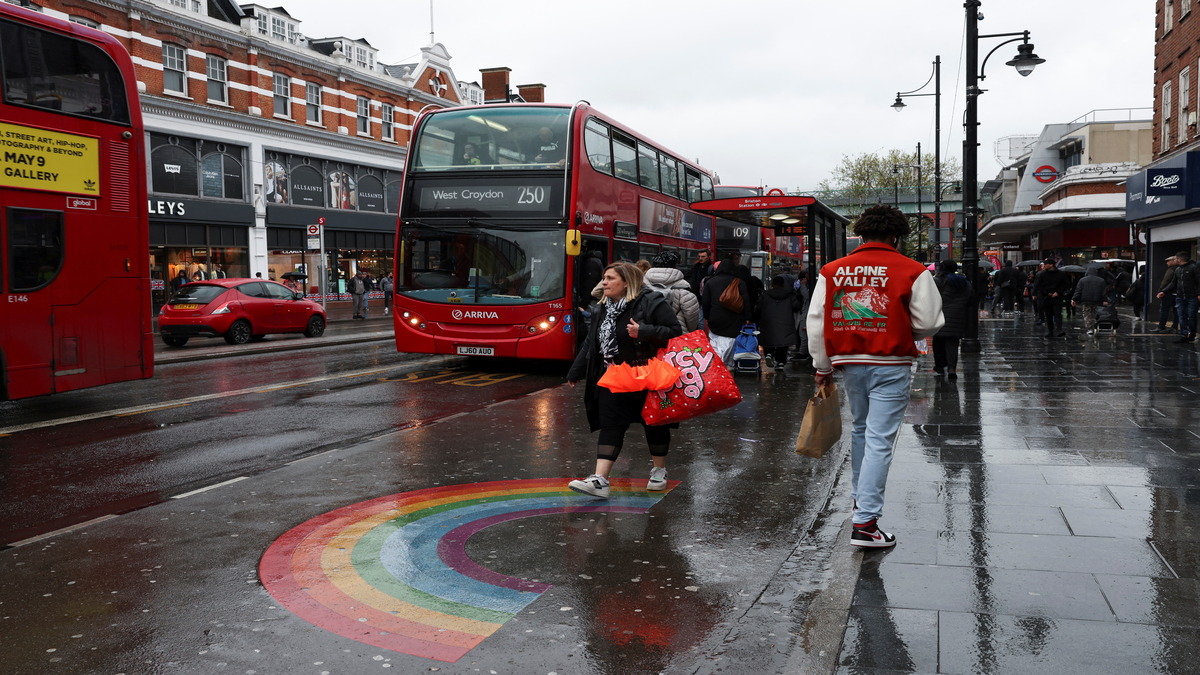)
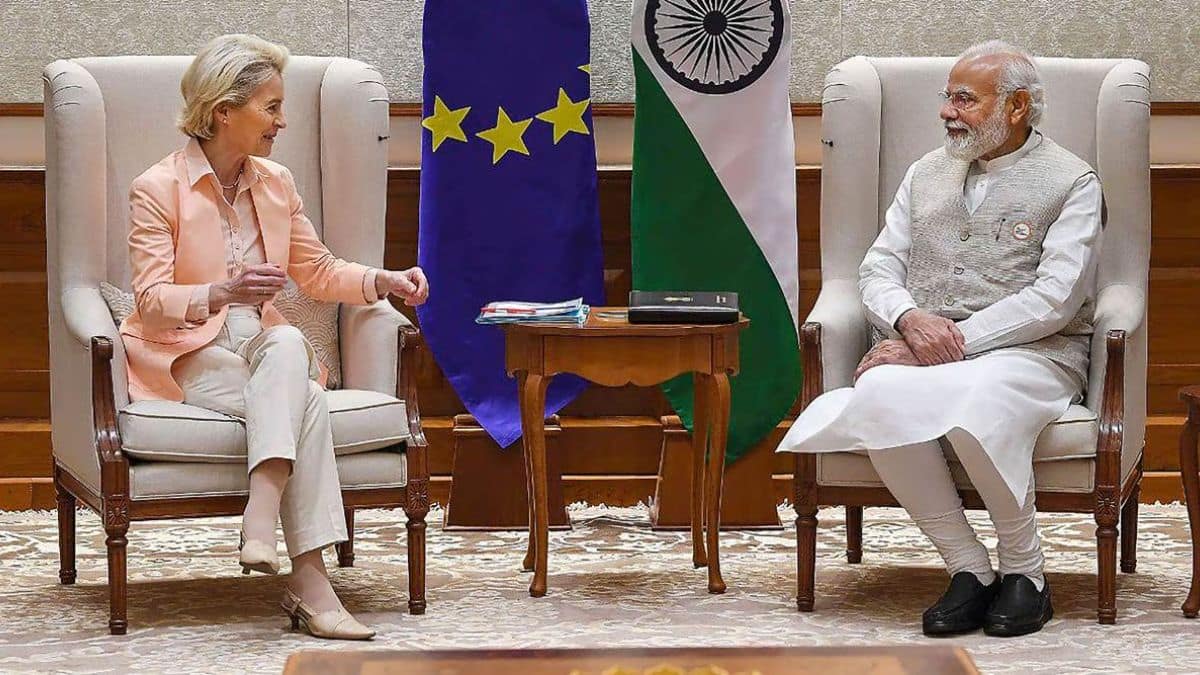
)
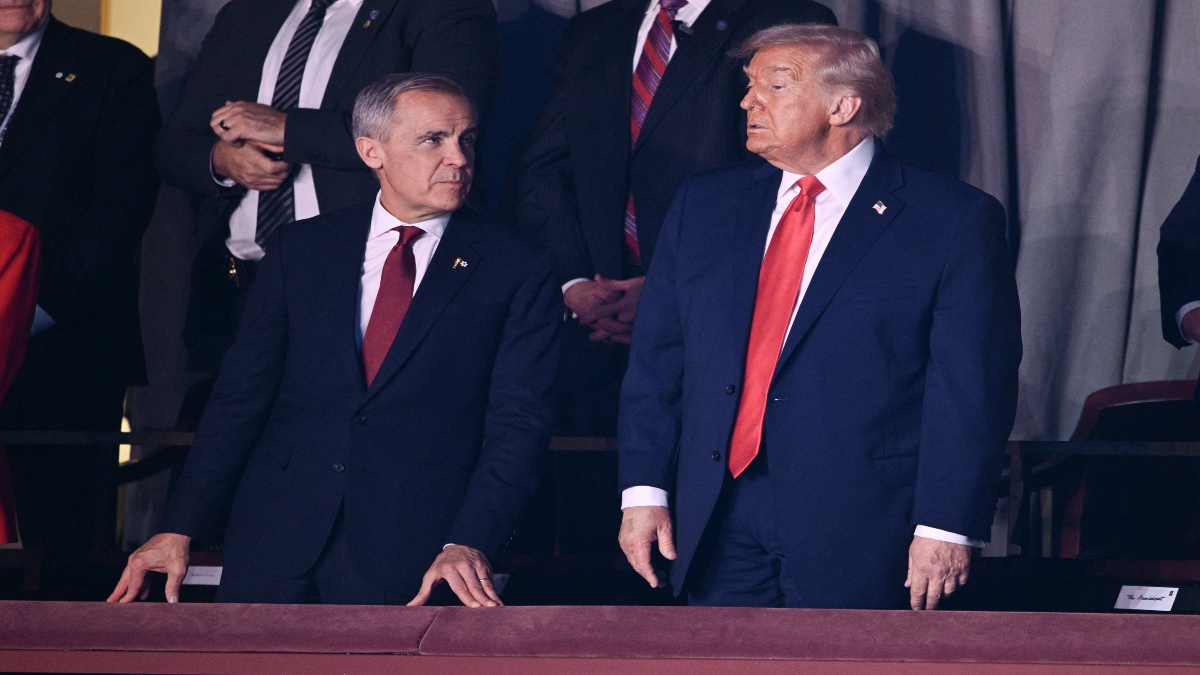)
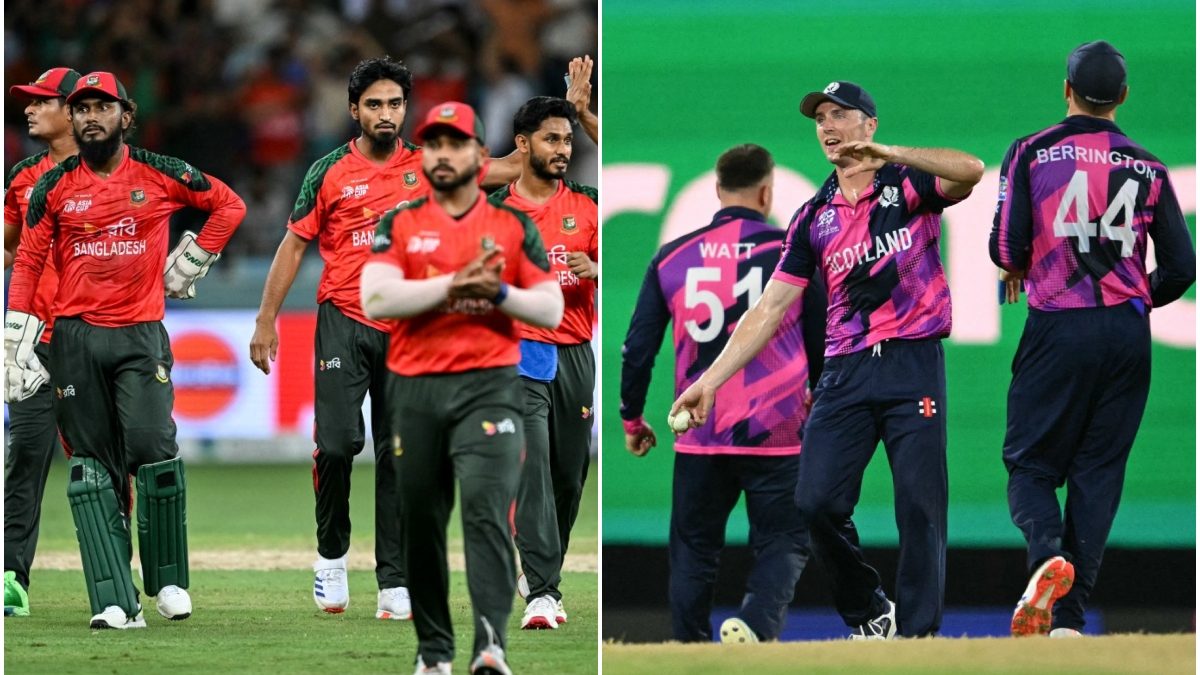)
)
)
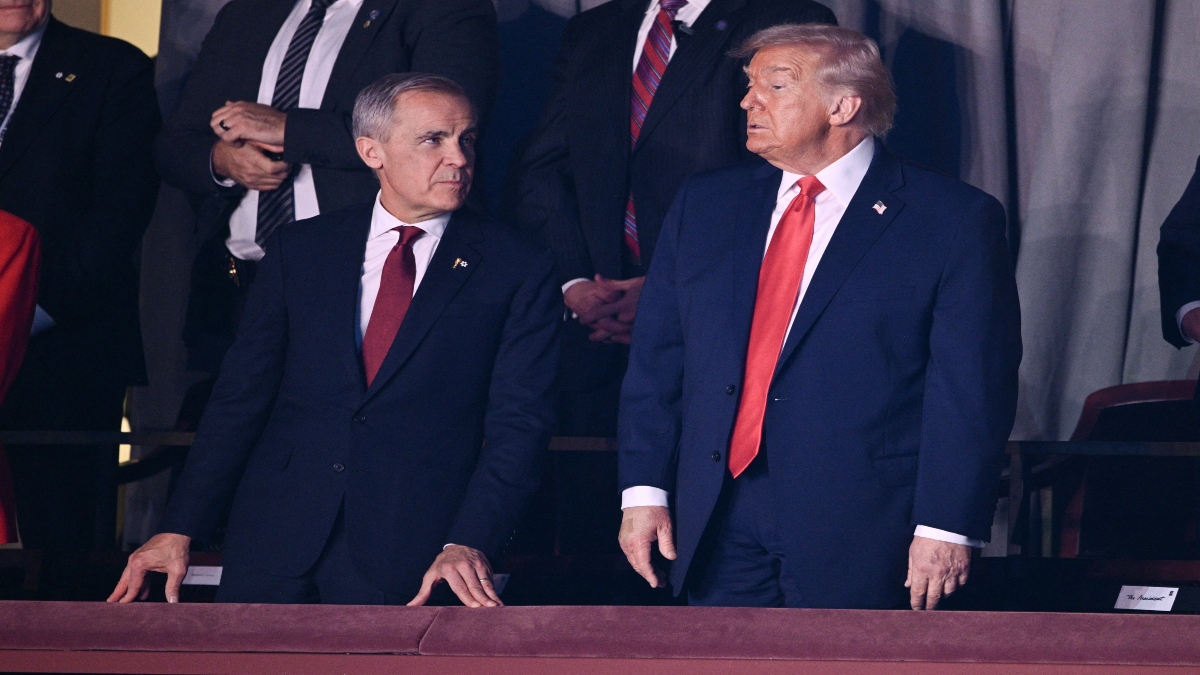)
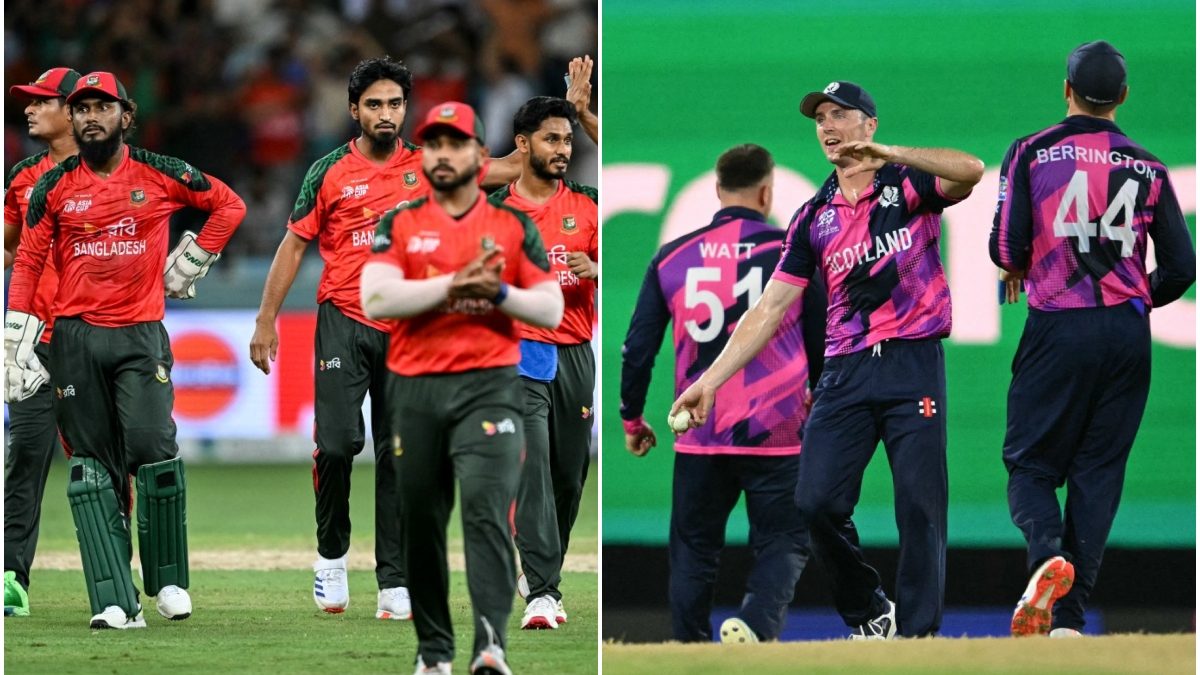)
)



